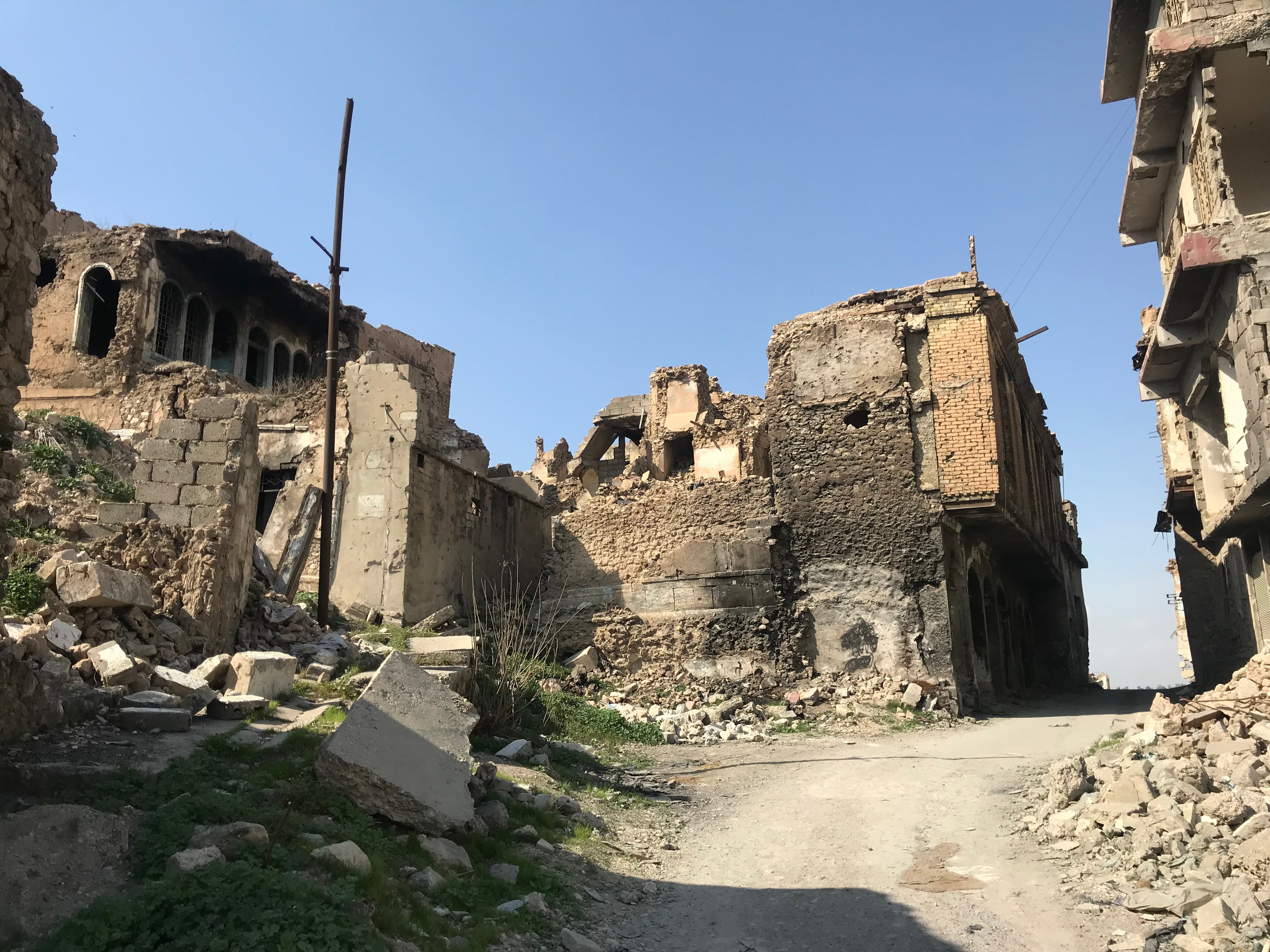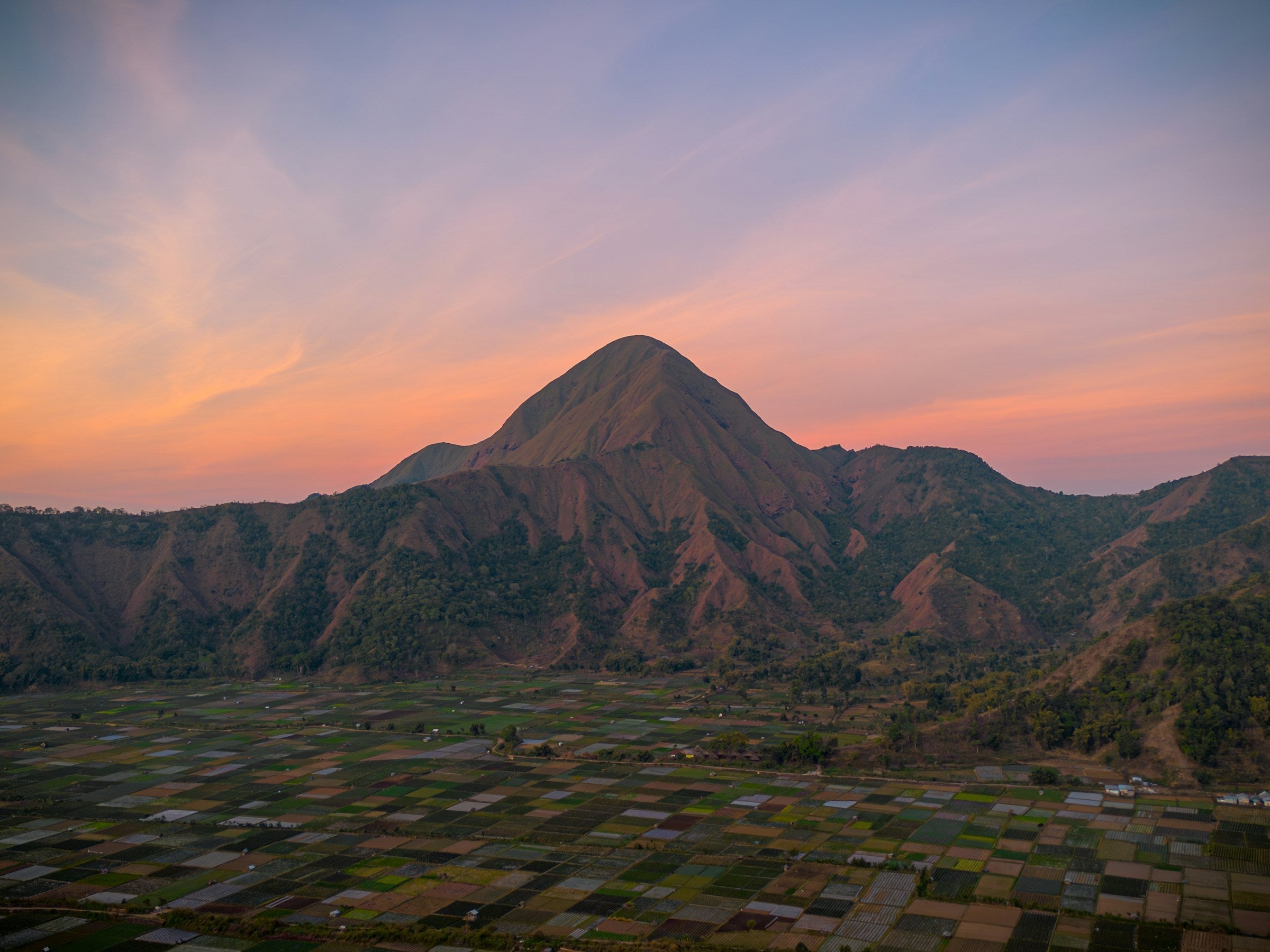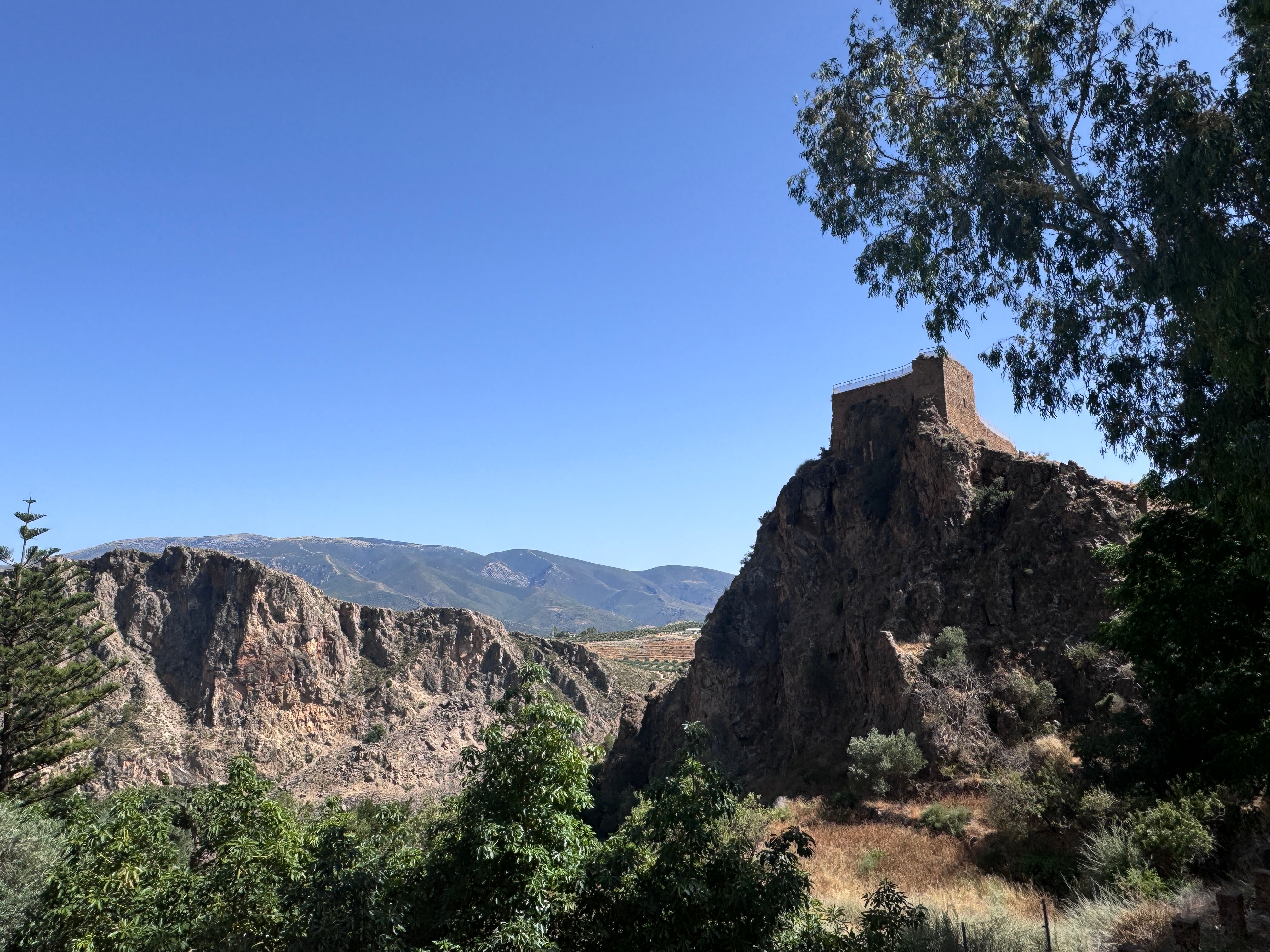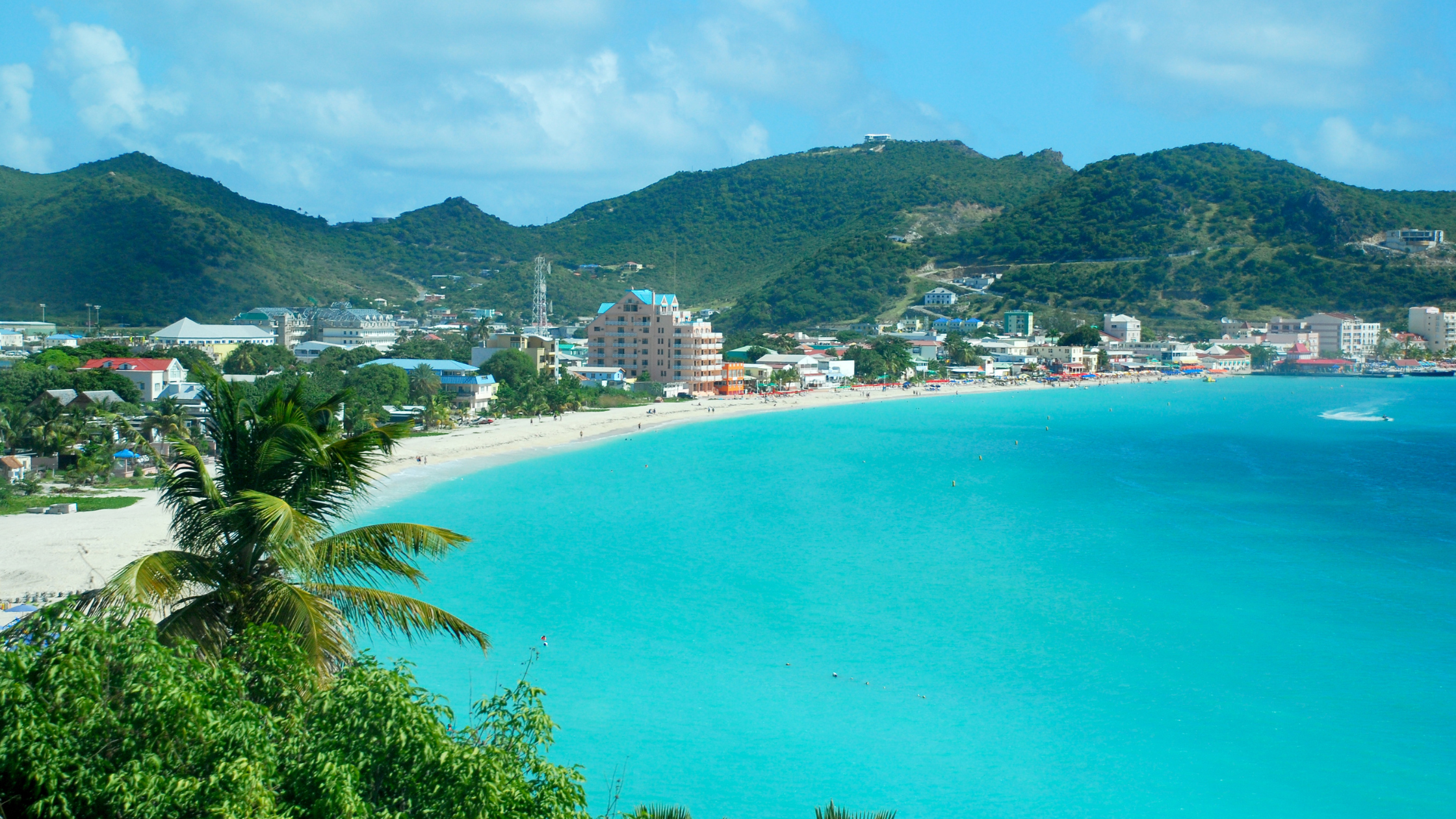When I first planned my journey to Iraq, there was one city I hesitated to visit: Mosul. The name alone conjured images of war-torn streets, smouldering ruins, and the painful legacy of conflict. Just a few years ago, Mosul was the epicenter of ISIS operations in Iraq—a place synonymous with terror and destruction. So yes, I was scared. I was nervous. And I was deeply uncertain about what lay ahead.
But after touching down in Baghdad, and following countless hours of research and heartfelt conversations with locals, my curiosity overpowered my fear. I hired a GMC and embarked on a bold five-hour cross-country drive to a city few tourists dare to visit—Mosul.
First Impressions: A City on the Brink of Renewal
Stepping into Mosul, I braced myself for visible scars. And they were there—buildings riddled with bullet holes, crumbling walls, and entire neighborhoods flattened. But beyond the ruins was something else, something intangible yet overwhelming: hope.
I had the privilege of attending a Tourism Hackathon, a grassroots initiative inviting young residents of Mosul to reimagine their city’s future. Five groups of university students, recent graduates, and young professionals had just 48 hours to create tourism campaigns that would spotlight the hidden beauty and untold stories of Mosul. At first, it sounded almost surreal—tourism in Mosul? But that’s when it hit me. These young minds weren’t held back by the city’s past; they were determined to shape its future.
Their presentations were bursting with creativity—walking tours of Mosul’s ancient heritage sites, community-led hospitality initiatives, and digital campaigns to rewrite the city's global image. Watching these ideas unfold reminded me that resilience isn’t just about surviving hardship—it’s about dreaming again.
The Heart of Mosul: A Young Storyteller Named Abdulazeez
After the event, I met Abdulazeez, an 18-year-old videographer documenting the Hackathon. Brimming with passion and sincerity, he struck up a conversation and soon invited my wife and me to his home. Before we knew it, we were sharing stories over Lahmacun, a local delicacy, and wandering through the city with him as our guide.
Abdulazeez’s life reads like a chapter from history. He spent part of his childhood in Manchester, UK, while his father studied at the University of Manchester. He returned to Mosul just before ISIS’s brutal takeover. He recounted how his father's pharmacy in the Old City had its windows shattered almost weekly by bomb blasts. Glass was replaced so often that it became routine. But it wasn’t just glass that broke—entire communities were fractured.
From his rooftop, young Abdulazeez used to gaze at a prominent hotel on Mosul’s horizon. One night, he watched it disappear in a storm of fire and rubble. “The skyline changed forever,” he told me quietly. It was a chilling reminder that wars aren’t just fought on battlefields—they’re etched into the memories of children.
Living Under the Black Flag
The stories became darker. Under ISIS rule, Mosul turned into an open-air prison. Locals were banned from owning phones or TVs. Surveillance was constant. One day, Abdulazeez was caught using a mobile phone by an ISIS militant. The man stepped away to consult with a superior on how to punish him. In that moment, Abdulazeez ran—literally fleeing for his life. “A beard, a phone, or even the wrong look could get you killed,” he said.
And this fear has lingered long after ISIS’s defeat. Religious identity, once a source of pride, became a source of suspicion. When I entered Mosul, multiple people asked why I had a beard. Their question: “Don’t you know ISIS had beards?” It was a heartbreaking reflection of how extremists have poisoned perceptions of even the most basic Islamic practices.
Today, public prayer is rare. Many young Iraqis have stopped practising Islam altogether, traumatized by how their faith was manipulated. In an ironic twist, Abdulazeez and I agreed that it’s easier to live openly as a practising Muslim in the UK than it is in Iraq today.
A Glimmer of Light in the Shadows
Despite everything, what struck me most was the unshakable spirit of Mosul’s people. Abdulazeez and his family welcomed us with open arms, embodying a hospitality so pure, it felt like a form of resistance against everything they had endured.
Their stories weren’t just personal—they were pieces of a collective memory, a living history of a city that refuses to die. I realized then that everyone in Mosul carries a story that the world needs to hear.
Why Mosul Matters
This wasn’t just a trip; it was a transformation. I arrived in Mosul carrying fear, and left carrying admiration. The courage of the youth, the dreams being rebuilt from the rubble, the quiet acts of resilience—they showed me that Mosul is not a city of ruins, but a city of resurrection.
Mosul is home to some of the oldest cultural and historical sites in Iraq, including the once-glorious Great Mosque of al-Nuri, built in the 12th century. Though its famous leaning minaret was destroyed by ISIS in 2017, the site is now being rebuilt—brick by brick—as a symbol of what can never be erased: the soul of a city.
Final Reflections
If you're looking for comfort, Mosul may not be your destination. But if you're looking for truth, courage, and human connection, then few places on earth can match what this city offers.
I urge you—look beyond the headlines. Talk to the people. Sit with them. Eat with them. Listen to their stories. Only then will you understand what Mosul truly is: not a city defined by war, but a city defined by the will to live, to dream, and to rise again.





Share:
Halfeti: The Turkish Village Home To a Sunken Mosque